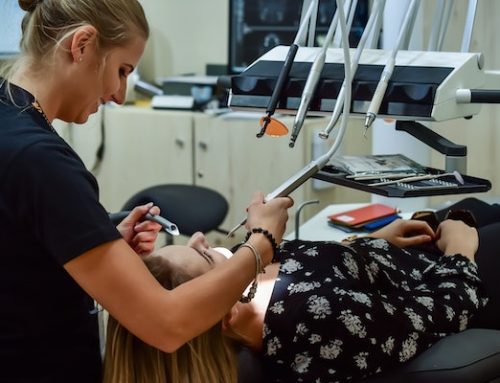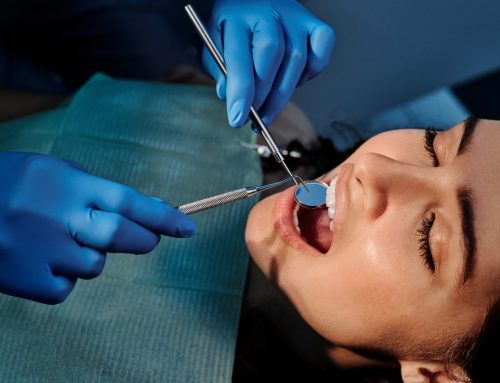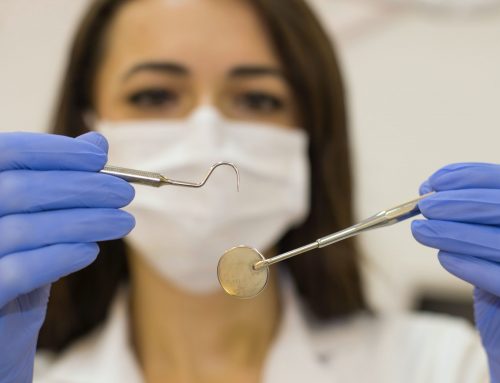The check-up is a vital part of robust dental health practices – and it is the perfect place to catch decay and cavities before they become a serious problem.
Despite the fact that most of us attend a dental check-up yearly, it can be a confusing process, especially as the dental check-up process may change from year to year. But when it comes to general dentistry, the check-up is a vital procedure that helps track the health of your mouth.
What happens during a routine general dental check-up?
Typically, the dental check-up will cover the same ground – a general examination of your mouth for signs of decay or other mouth troubles. But you may need a small filling dealt to, and sometimes additional procedures like cleaning and x-rays will be undertaken.
Oral health conversations
The check-up should be treated like any regular meeting with a medical professional. Just like you may approach your GP to discuss health matters in an open, and non-judgemental way, it is important to approach your dentist with any issues you’ve noticed in your teeth, mouth and gums. An open dialogue between you and your dentist prepares you well for a life of positive dental health.
The basics of a dental check-up
- Teeth cleaning. Teeth cleaning, polishing and scaling are often basic components of a check-up. Here, your teeth go through a deep clean, with the removal of tartar and plaque from hard to reach areas. This can include molars, which are often neglected through the brushing process, as well as tartar build up close to the gumline. Your dentist will use special instrumentals, including a hand scaler or ultrasonic dental instruments to remove plaque. The polish involves a rotating brush, which helps remove remaining stain build-up.
- Examination. The examination is a chance for the dentist to look and identify any problems in your teeth, mouth, tongue or gums. This runs from the routine – cavities and general decay – through to more serious issues, like early signs of mouth cancer or gum disease. It is important to remain relaxed through the examination, so your dentist can check your whole mouth. Through this process they will use tools such as small mouth mirrors, or special probes to test your teeth and explore your gums.
- X-rays. If it has been a while since your last x-rays, or if your dentist suspects deeper dental decay, they may take X-rays. These aren’t done often; x-rays expose your mouth to radiation in order to image your mouth, gums, teeth and jaws in detail. However, they are an important part of determining deep dental health and detecting dental issues.
- Education. Over the course of your dental check-up, as your dentist polishes, probes and explores your mouth, they may come across signs of dental hygiene problems. This is often where the dreaded, “Do you floss?” question gets asked – and for good reasons. This part of the check-up is about building and instilling positive dental hygiene habits. The dentist may show you how to brush and floss effectively and may make particular product recommendations.
- Minor dental work. The check-up may involve your dentist carrying out minor dental work. This may involve a filling for small cavities, to help restore the tooth to full function.
Making your dental check-up work for you
It’s important that you get the most out of your dental check-up procedure. This includes booking in a check-up yearly, in order to keep track of your dental health.
It may seem like an expensive procedure but detecting dental problems before they worsen can save you money and spare you agonizing toothache in the long-term.
Book your annual check-up with Chapel Park Dental today
Chapel Park Dental is committed to providing an affordable dentist in Auckland. Our family dentistry practice ensures that everyone in the whanau is looked after with compassion and care.
Contact Chapel Park Dental today to book your annual check-up.




